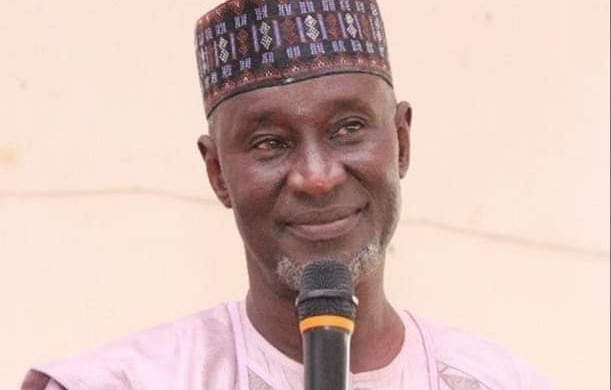The Director-General of the National Teachers Institute (NTI), Professor Garba Maitafsir, recently expressed concern over the declining quality of education in Nigeria. Recalling an experience from his time as a university lecturer, Professor Maitafsir revealed that he once encountered a PhD student who was unable to write his own name correctly. He attributed such issues not to systemic failures but to the quality of teaching, emphasizing the need for rigorous oversight of teacher qualifications to improve Nigeria’s education system.
At the same event, the Chairman of the Kaduna State Teachers Service Board (TSB), Adamu Makadi, highlighted that teachers in Kaduna earn about 27% more than their counterparts in other sectors of the state’s civil service. This difference, he noted, is part of an initiative aimed at attracting and retaining qualified teachers.
The remarks from Professor Maitafsir and Makadi were made during a one-day workshop titled “Teachers’ Issues in Conflict and Protracted Crisis Settings: Documenting the Effectiveness of the Kaduna Teacher Reforms.” According to Makadi, prior to these reforms, it became evident that the quality of teachers—not the educational system itself—was the primary issue in Kaduna. This insight led to a comprehensive reform focused on improving teacher recruitment, deployment, and retention.
“There is nothing wrong with our education system; the problem lies in teacher quality. To address this, the Kaduna State Government has undertaken significant reforms, especially in recruitment, deployment, and retention,” Makadi explained. He added that the recruitment process is now fully digitized, allowing qualified candidates to apply openly. Teachers are assigned based on qualifications, skills, and proximity to their residence, ensuring a more effective workforce.
Makadi noted that under the administration of Governor Uba Sani, special allowances have been introduced for teachers, making their salaries approximately 27% higher than other civil servants in similar roles. “If you’re a teacher on a certain grade level and step, you’ll earn about 27% more than a non-teaching civil servant at the same level,” he said.
In addition, Professor Oladele Akogun, a prominent academic and Regional Research Director at the International Rescue Committee (IRC) for Nigeria and South Sudan, argued that teachers should be prioritized and compensated even more generously than doctors to strengthen the education sector. He stressed that while educator quality is essential, education policies also need reevaluation. “Nigeria cannot achieve its education goals if our policies and practices are misaligned,” he stated.
Professor Akogun warned of the generational consequences of neglecting teachers, likening their importance to that of medical doctors. “Teachers must be treated with the same respect and care as doctors. Ignoring their needs could endanger future generations,” he cautioned.
